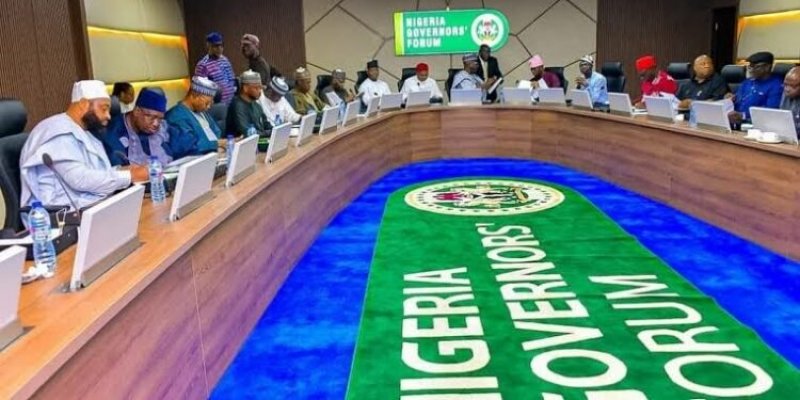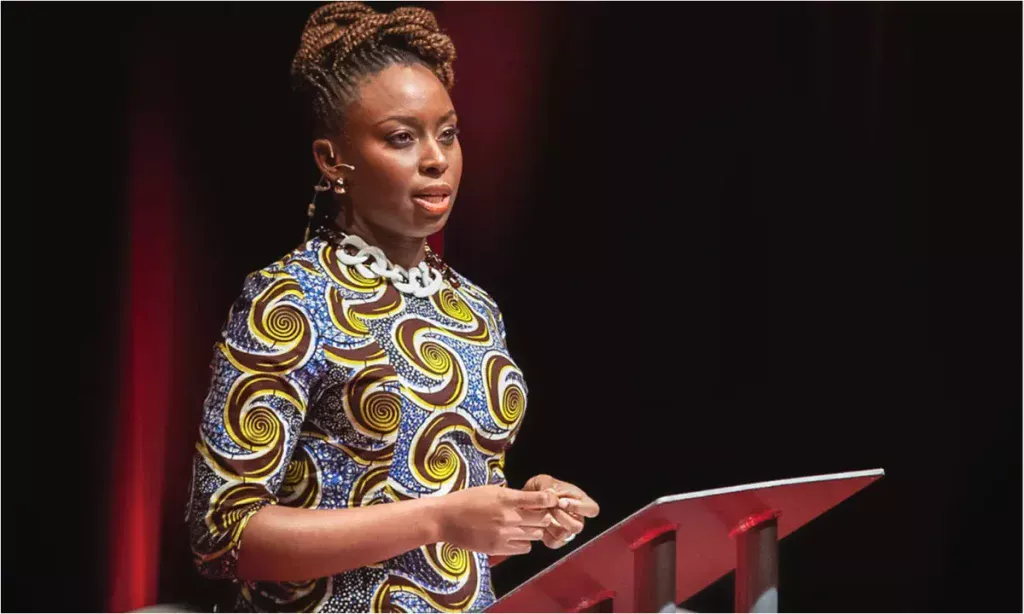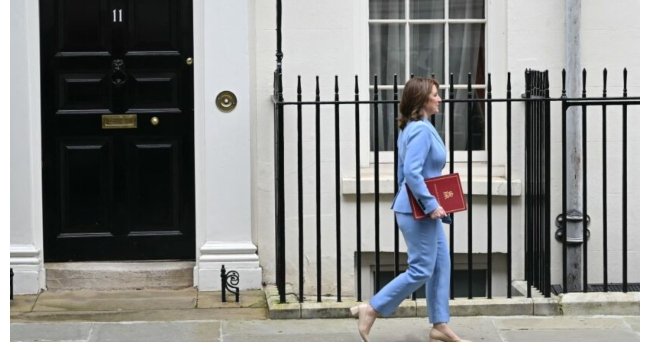A Nigerian civil servant has been sentenced to one year in prison or a fine of 150,000 naira (approximately $360) after pleading guilty to collecting dual government salaries, a violation of the country’s anti-corruption laws. Ewere Morgan Eseosa, an employee in Edo State, was convicted by the Independent Corrupt Practices and Other Related Offences Commission (ICPC), Nigeria’s anti-graft agency, for fraudulently receiving payments from two public institutions simultaneously.
Investigations revealed that Eseosa had drawn salaries from both the University of Benin and Ikpoba Okha Local Government Council over an unspecified period, amassing 1.3 million naira ($3,100) in unlawful income. The ICPC described the act as a “gross violation” of statutes criminalizing fraud and misuse of public resources. Prosecutor Dennis Nnaemeka Okoro initially filed two charges—obtaining by false pretenses and cheating—under Nigeria’s Criminal Code, but the case was reduced to a single charge after Eseosa accepted a plea bargain.
The Edo State High Court, presided over by Justice Williams Aziegbemhin, ordered the defendant to repay the full sum of 1,328,255.47 naira to the federal government through an ICPC restitution account. The ruling underscores Nigeria’s intensified efforts to curb financial malfeasance within its public sector, a longstanding challenge in Africa’s most populous nation.
While dual employment is not inherently illegal under Nigerian law, failing to disclose overlapping roles to government employers constitutes fraud. Cases like Eseosa’s have drawn scrutiny to systemic payroll vulnerabilities, with anti-corruption advocates urging tighter oversight mechanisms. The ICPC, established in 2000, has prosecuted hundreds of public officials in recent years, though critics argue enforcement remains inconsistent.
The conviction, linked to case number B/CD/ICPC/2C/2024, reflects a broader push to recover illicit funds and deter graft. Legal analysts note plea agreements, while expediting resolutions, often reduce penalties for defendants cooperating with authorities. For Nigeria, where public trust in institutions remains fragile, such cases test the government’s capacity to enforce accountability amid entrenched bureaucratic corruption.



